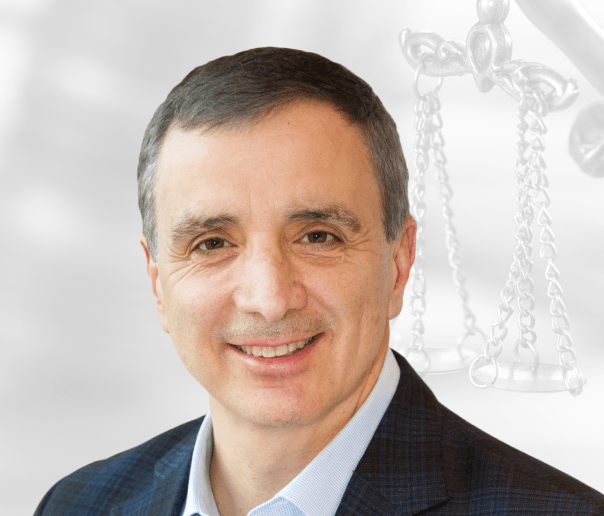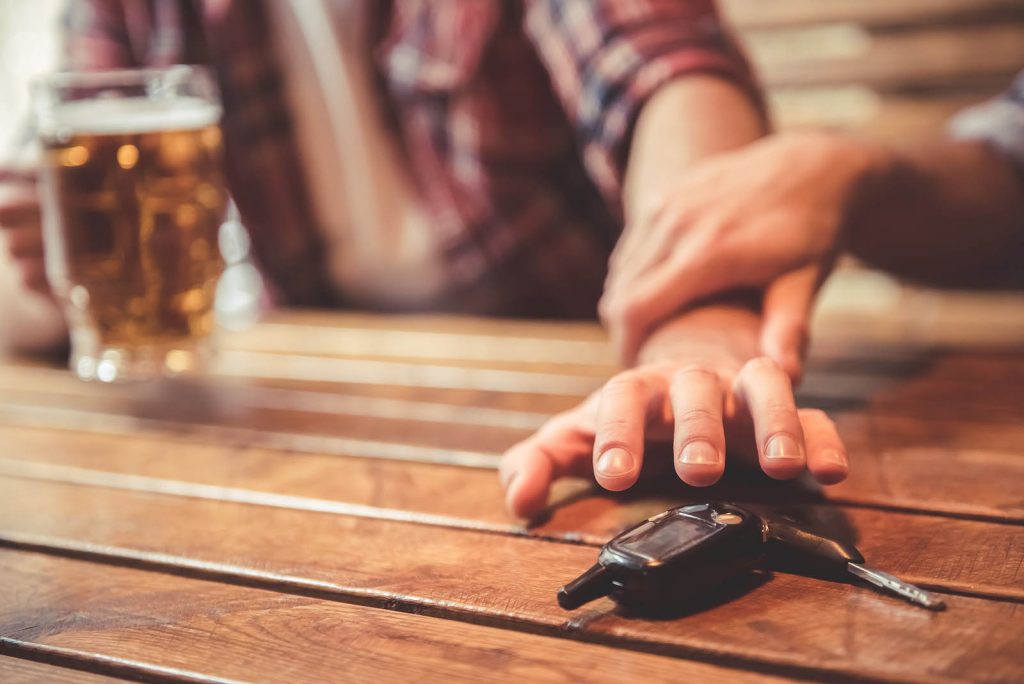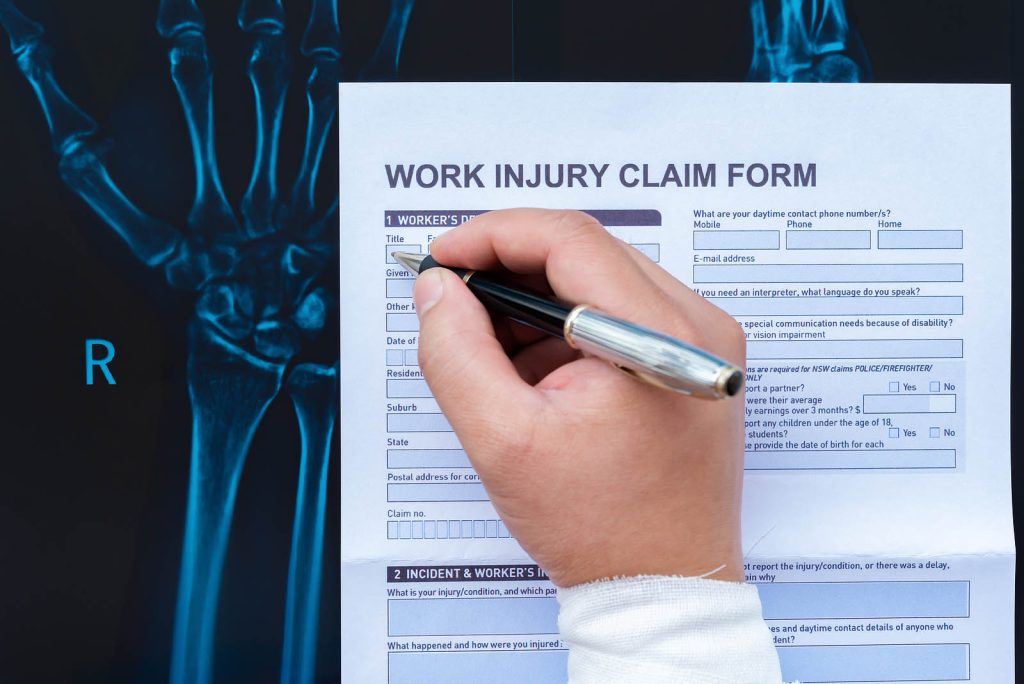Leandra’s Law, which went into effect in December of 2009, carries severe penalties for driving while intoxicated or under the influence of drugs if there is a passenger in the car under the age of 16. The law was named for an 11-year-old New York girl who was killed when the car she was riding in crashed. The driver of the car, who had been drinking, was the mother of a friend of Leandra’s.
Under the new law, drunk drivers with a child in the car can be charged with a felony. Even first-time offenses are a class E felony, which carries a one-year prison term. But the actual sentence can be very different for some drivers, because New York law allows judges discretion in sentencing for class D and E felonies for first-time offenders.
The possibility for unequal sentences that this law creates is already becoming evident. It can be seen in two recent arrests for driving while intoxicated or under the influence of drugs with children in the car. In one case, the driver received a jail term as part of a misdemeanor conviction. A second driver pleaded guilty to a felony under Leandra’s Law, yet the sentence did not include any jail time. (Both drivers also paid fines.)
The second driver was apparently sentenced under New York’s “alternative definite sentence” provisions, which allow a judge to shorten first-time class D and E felony jail sentences if they would be “unduly harsh,” taking into account “the nature and circumstances of the crime” and the “history and character of the defendant.”
Both drivers were charged under the provisions of Leandra’s Law, and they were handled by the same judge, State Supreme Court Justice M. William Boller. The outcomes, however, were quite different. One driver ended up with only a misdemeanor conviction coupled with jail time. The other driver received the harsher felony conviction–yet was not required to serve time in jail.
The disparity in the two sentences illustrates the importance of having an experienced criminal defense attorney. An attorney can help someone charged with driving under the influence of alcohol or drugs protect his or her legal rights.








